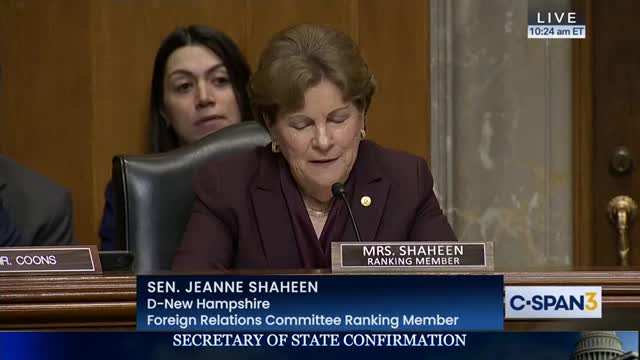Article not found
This article is no longer available. But don't worry—we've gathered other articles that discuss the same topic.
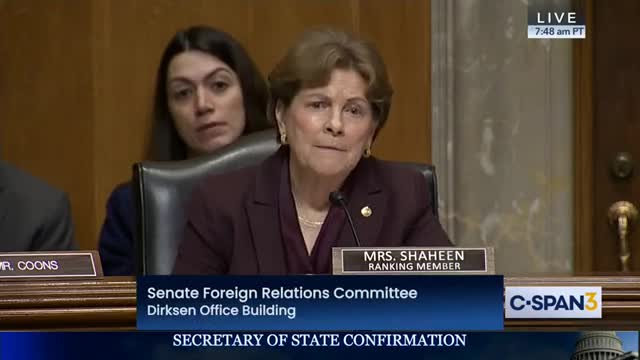
Senators press Rubio on staffing, special envoys and career foreign‑service confirmations
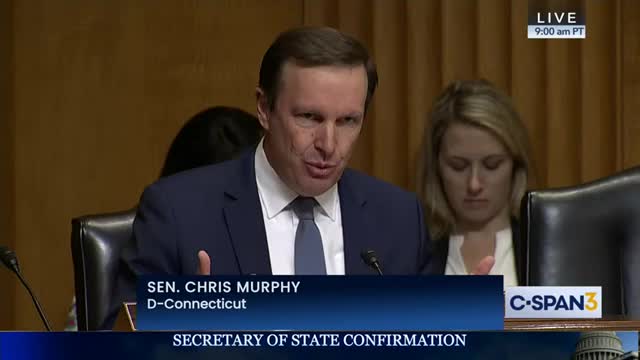
Senators press nominee on China’s footprint in the Americas, Panama Canal and transnational crime
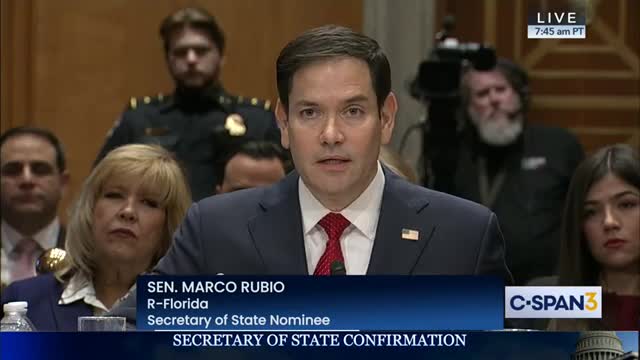
Rubio backs robust support for Israel, criticises ICC action; senators press on hostages and humanitarian aid
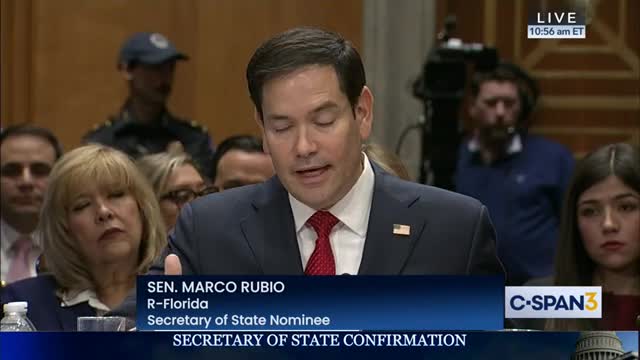
Rubio says Ukraine war must end; senators press for leverage and clarifications on U.S. support
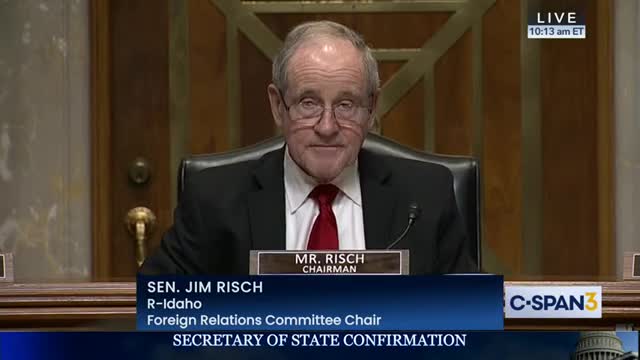
Senators press Rubio to treat China as the century’s principal strategic challenge
